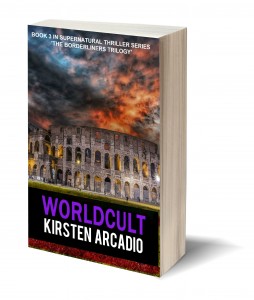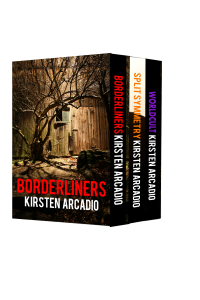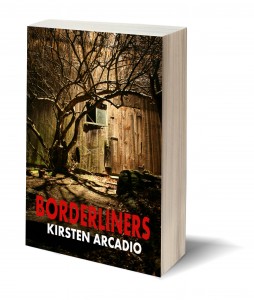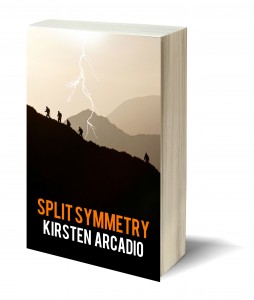I’ve been thinking a lot about reality, lately. Especially now, with all this talk of new normal against a backdrop of online shenanigans, decision making on coronavirus lockdown measures via news management and even threats from the POTUS to close down social media companies in retaliation to precisely the use of the kinds of moderation measures that make their platforms safe and reliable for people to use.
The core concept of my current work in progress centres (so far) on the issues of power and control that new tech throws up. Specifically, I’m looking at political and corporate power and the hold these have over people’s realities. How the powers that be control reality, sometimes for the greater good and sometimes for other reasons.
But I’ve been thinking. The draft I’m working on is too dry. There isn’t enough on the characters’ own journeys, on their hopes and fears, on the stories they tell about themselves, and the ones they want to hide…So, maybe the novel should be more of a character study, a look at the power people have over how they present themselves.
Freud said that our sense of self was made up of the ego, the superego, and the ID. The ego is how we present ourselves, the superego the reasoning part of us – the voice of reason inside our heads – and the ID is the animalistic, instinctive part. Without consequence, people aren’t afraid of letting rip, and the ID takes over. In a virtual reality, what are the real-world consequences of our actions? If we already allow ourselves to behave on social media in a manner we wouldn’t dream of in real life, how much more extreme could this be in a VR? Many of us have seen our children, in lockdown, live entirely new lives out on Roblox, Sims, CIVs and other VRs, where they behave like terrifying mini dictators. This is just the tip of the iceberg.
Looking at the kids, and then turning my thoughts to my work in progress, this throws up lots of questions. Considering the ego, superego and the ID, which of these come more into play outside a VR and which are more dominant inside it? Are the characters truer to their real selves inside the VR, unfettered by the bounds of presenting a picture of how they wish to be seen to the outside world? And if so, what are the implications of this?
Furthermore, there’s the question of what reality actually is. Take ‘No Exit’, for example, a play by Jean-Paul Sartre about 3 people trapped in hell. One reading of it could be that people without the context of other people don’t exist, so interaction with others makes our reality and defines us. ‘Hell is other people.’ Maybe. Maybe heaven is, too. Do we have a fundamental need for other people in order to show ourselves? As Karl Marx said in The Grundrisse (1857), ‘Society does not consist of individuals, but expresses the sum of interrelations, the relations within which these individuals stand.’
So what is reality really about? To what extent are we already living in a VR? In modern society, we already have one foot in an artificial reality in that we are sometimes more about the stories we tell about ourselves. We no longer show our real selves to each other.
Could a VR, therefore, end up being more real than the real world?






